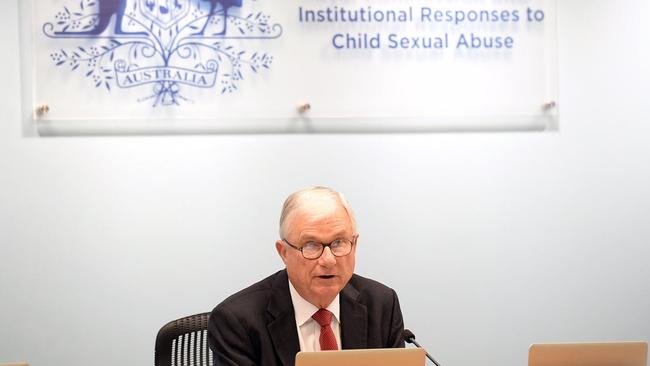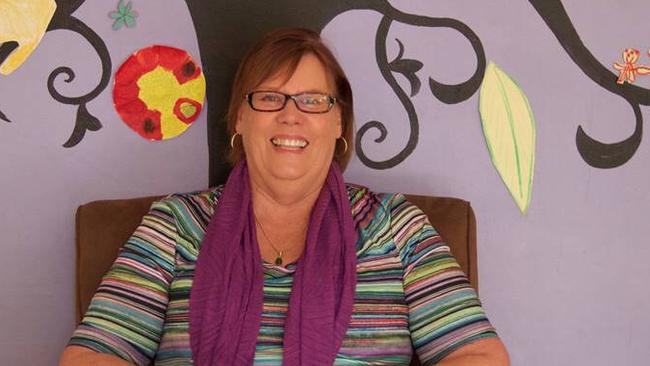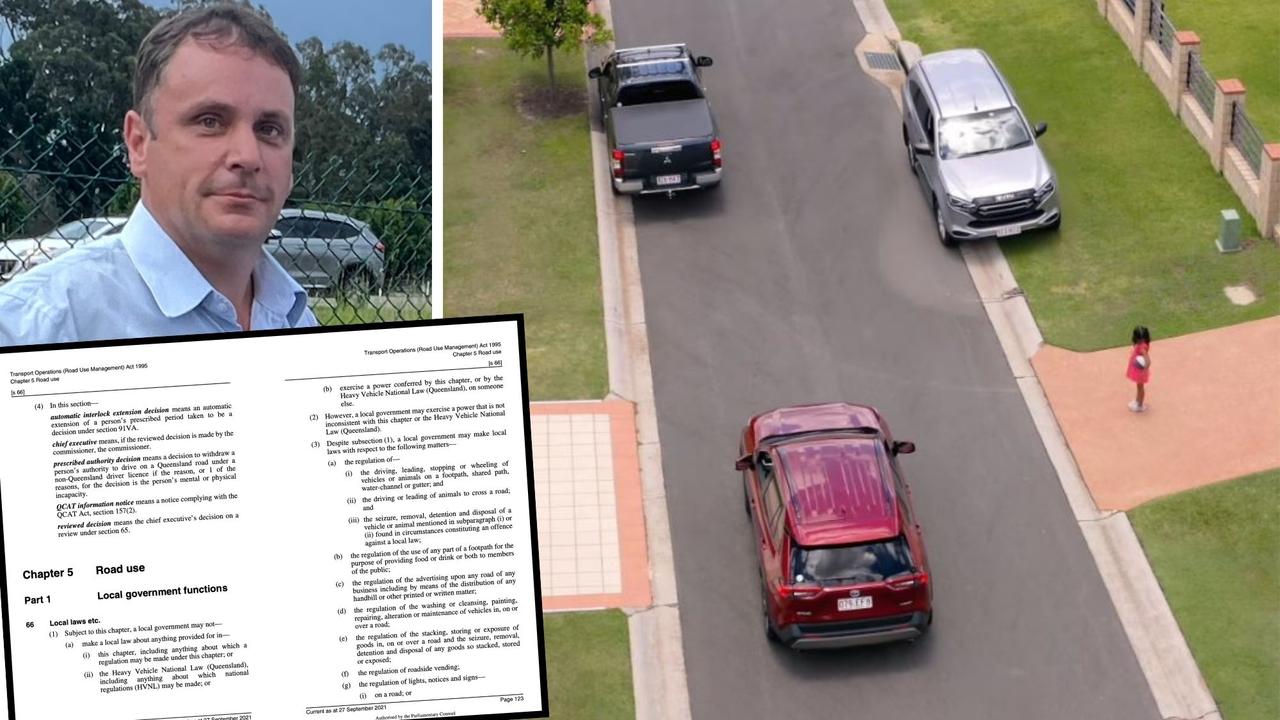Gold Coast-based service FSG Australia slammed by Royal Commission into child sex abuse
A GOLD Coast disability service failed to properly investigate reports of child sex abuse at their facilities, according to damning findings by a Royal Commission.

Gold Coast
Don't miss out on the headlines from Gold Coast. Followed categories will be added to My News.
A GOLD Coast disability service failed to properly investigate reports of child sex abuse, or to ensure others were protected from an alleged perpetrator, according to damning findings by a Royal Commission.
The Royal Commission into Institutional Responses to Child Sexual Abuse rejected every one of FSG Australia’s submissions in relation to the reported sexual abuse of two children in their care, describing some of their evidence as “false”.
Commissioners were critical of the attitude of CEO Vicki Batten who told them she did not believe anyone in the organisation “then or now” was capable of harming a child.
FSG employs 900 staff to care for vulnerable children from Hervey Bay to Ballina.
The Commission wholly accepted the submissions of two mothers who said their complaints were dismissed by FSG.
One mother, Maree Welch, whose 13-year-old daughter Bobbie alleged casual carer John O’Connor had sexually molested her in 1995, said when she reported her concerns she was “insulted and intimidated” by members of the group who were once friends.

O’Connor has always denied the allegation. He worked at FSG until 2000.
In 1998, Ms Welch made a police complaint.
The Commission heard police substantiated Ms Welch’s complaint but did not take criminal action because Bobbie was not capable of giving evidence.
They found FSG continued to employ Mr O’Connor, including for one-to-one care of children because they were afraid he might sue the organisation.
“FSG took no action to reduce the risk he may have posed to children in the care of FSG,” the findings say.
The Royal Commission found FSG had known about the allegations in 1995, but provided no meaningful support to Ms Welch and that the organisation “misrepresented its knowledge” of the complaint when it resurfaced in 1998 — the same year an FSG solicitor threatened the family with defamation action.
The Commission rejected the evidence of FSG co-ordinator Melissa Edwards, who described the 1995 complaint as a young person having a dislike for an alleged perpetrator.
Commissioners also found manager Dorothy Williams “minimised the seriousness of the complaint” in her signed statement.
Current management of FSG submitted there was no evidence to substantiate the allegations; that Bobbie was an unreliable source; that her mother “convinced herself” her daughter had been raped; that Ms Welch was “working from a script” and using the Royal Commission to air her grievances.
The company’s lawyers described the complaint as “a suspicion or based on a mother’s intuition” and it was “inappropriate” for FSG to conduct an investigation as the suspect had not been spoken to by police.
The Royal Commission rejected every part of the submission. “We are satisfied that Ms Welch conveyed to FSG a complaint of sexual abuse of sufficient particularity to be investigated.
“No reasons or basis was given for the submission that FSG management considered that Mr O’Connor should be treated as having committed no offence because he had not been spoken to by police. There is no reasonable basis for holding that view.”
The Commission heard the Welch family had met with FSG staff twice in 1998, when staff claimed in a file note that if they’d known in 1995 how serious it had been, they would have called police themselves.
The Commission found the file note was “false” as there was evidence “Ms Welch reported her complaint against Mr O’Connor to FSG within hours of the time that the abuse occurred”.
Another mother said her daughter, who cannot speak but communicates through facial and body expressions, was very distressed after attending respite care at FSG’s Orana House in Southport in 2000. Her daughter disclosed oral sexual abuse using body actions.
The mother said she met with FSG manager Dorothy Williams and Ms Batten, who was then an assistant manager and described the meeting as a “jaw-droppingly bad” “interrogation”.
Under questioning, Ms Batten maintained FSG staff could not have abused the children and denied the meeting was an interrogation.
However the Commission accepted the mother’s recollection of the meeting, which was “clear and compelling”.
Commissioners said Ms Batten “exhibited poor capacity to understand the concerns” of the mother and “showed an unwillingness to accept that sexual abuse could arise at FSG at all”.
“The belief held by FSG’s current CEO, Ms Vikki Batten, that no one at FSG would harm a child is of concern,” their report said.
“Agencies responsible for overseeing FSG are encouraged to consider Ms Batten’s evidence before the Royal Commission.”
FSG receives almost $60 million a year in government funding to support children with disabilities and their families.
The commission heard, and accepted, that the second child’s mother had phoned Surfers Paradise police station and reported the abuse and was told someone would phone her back.
No-one ever phoned her back.


